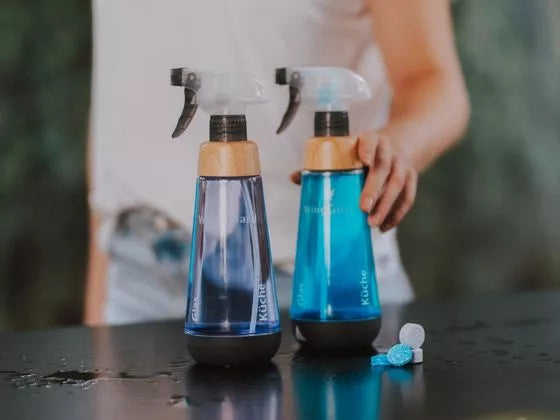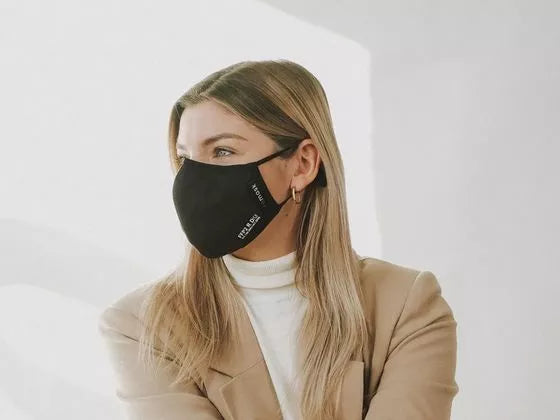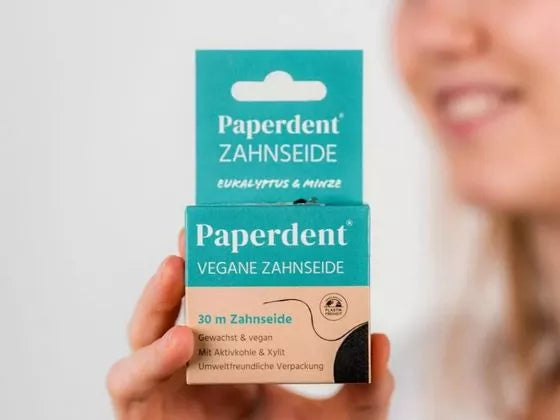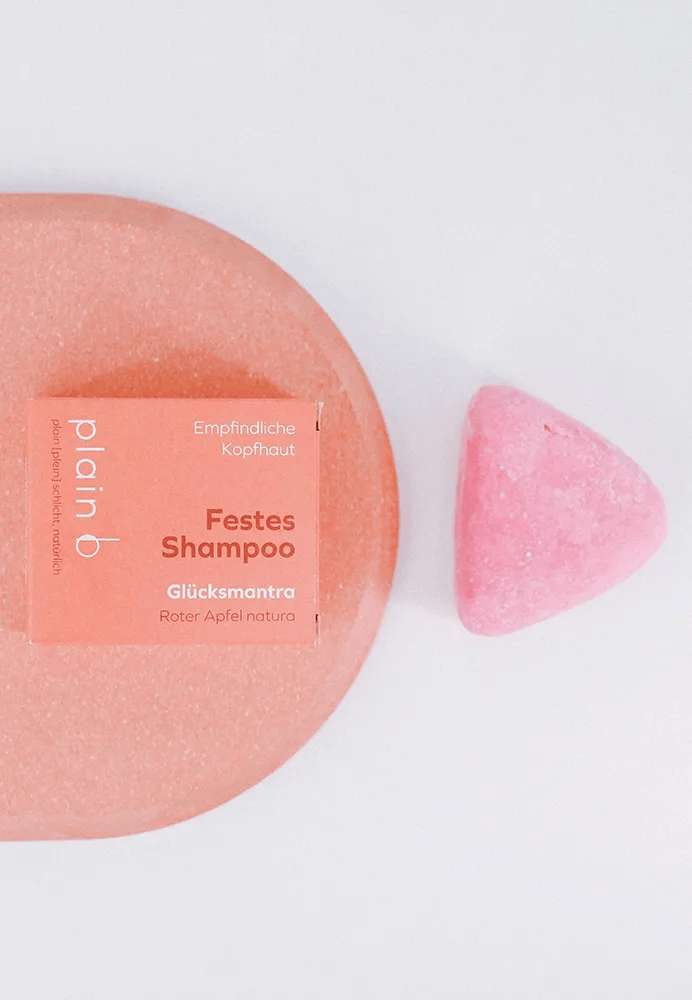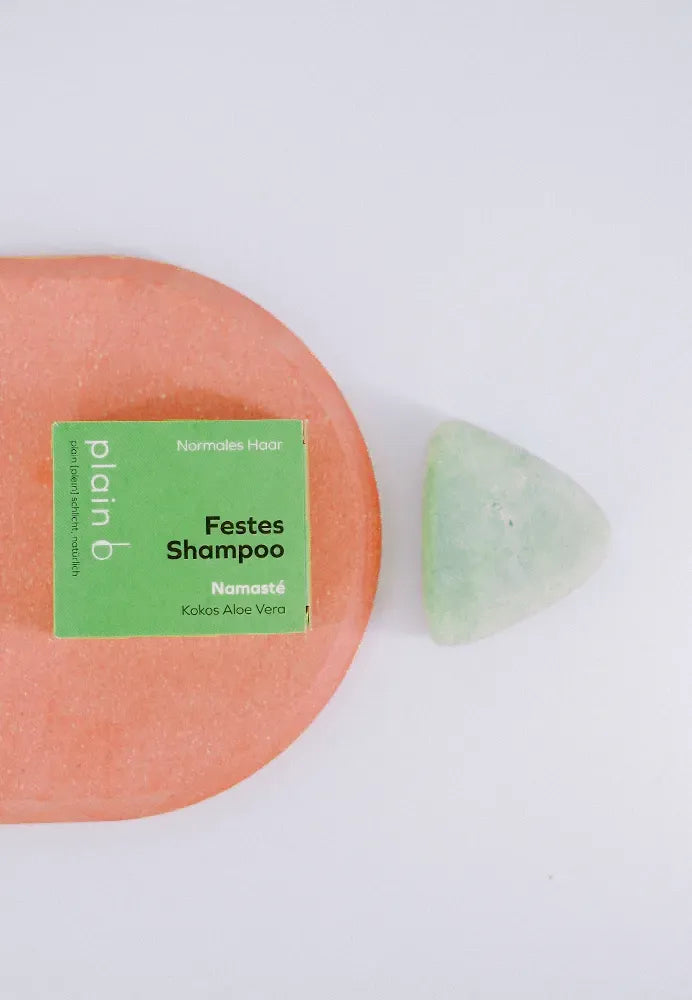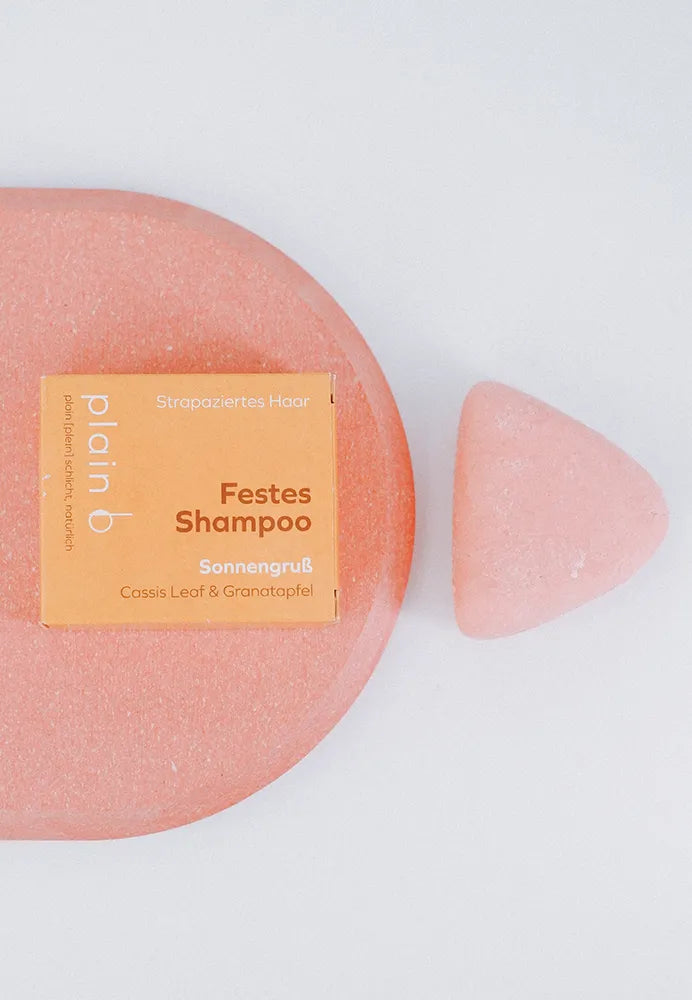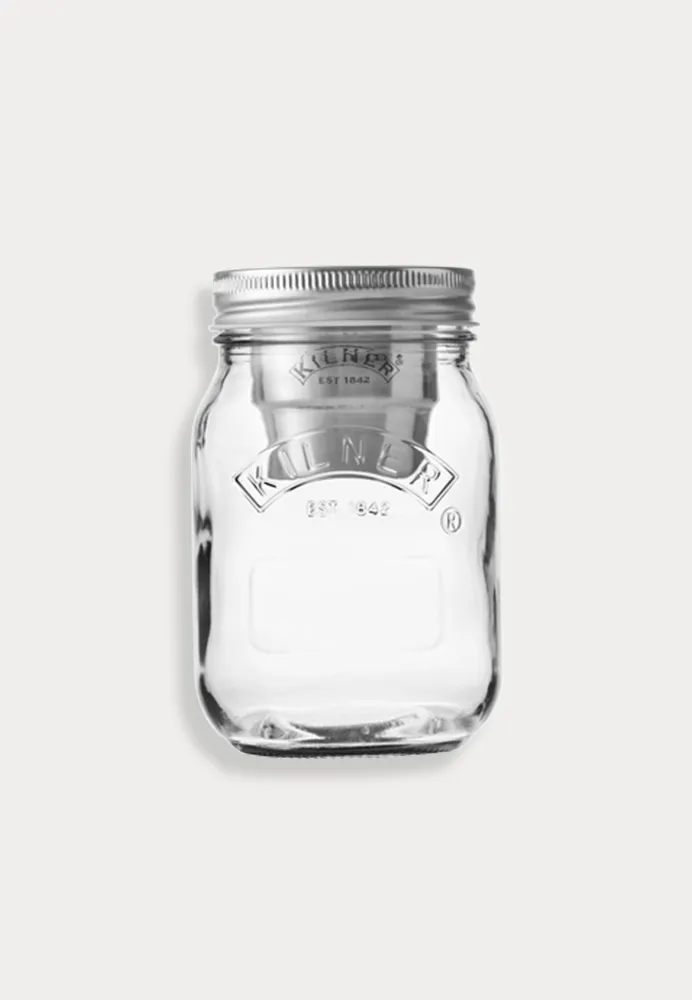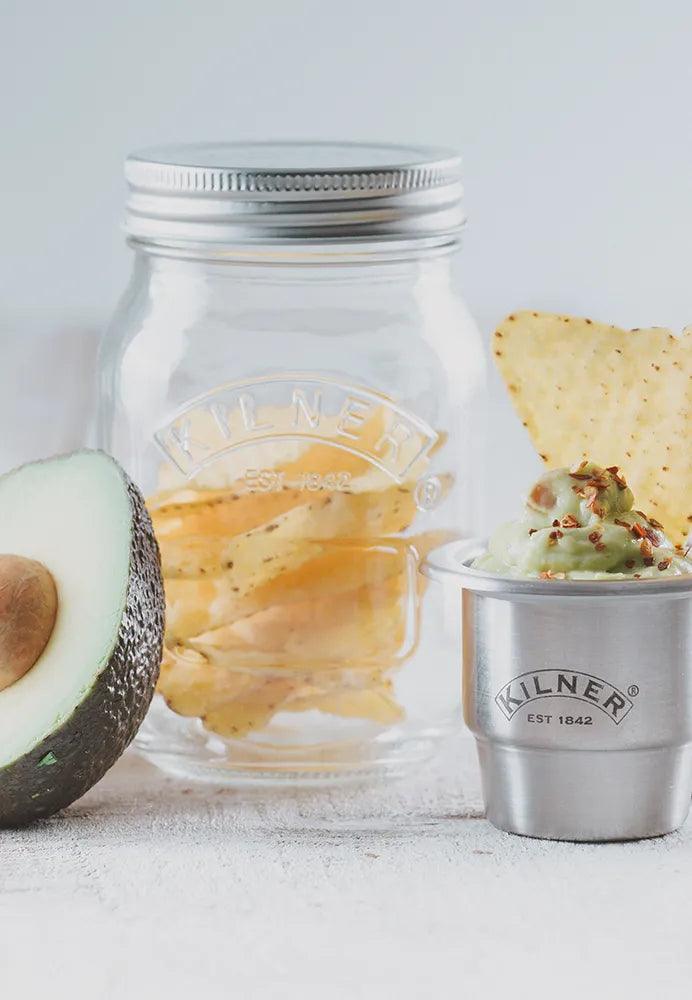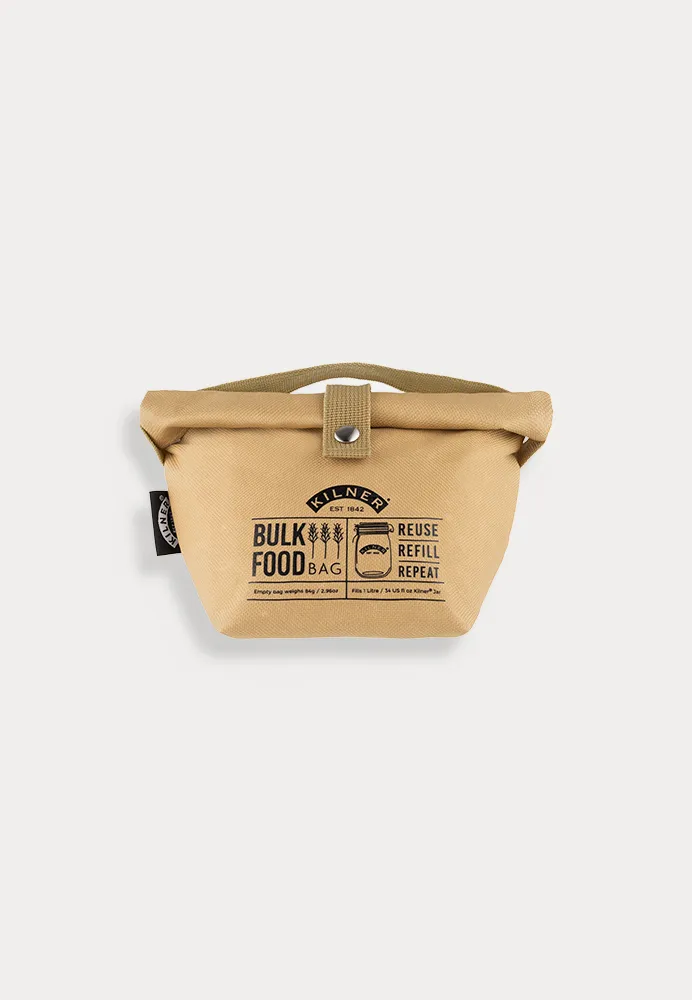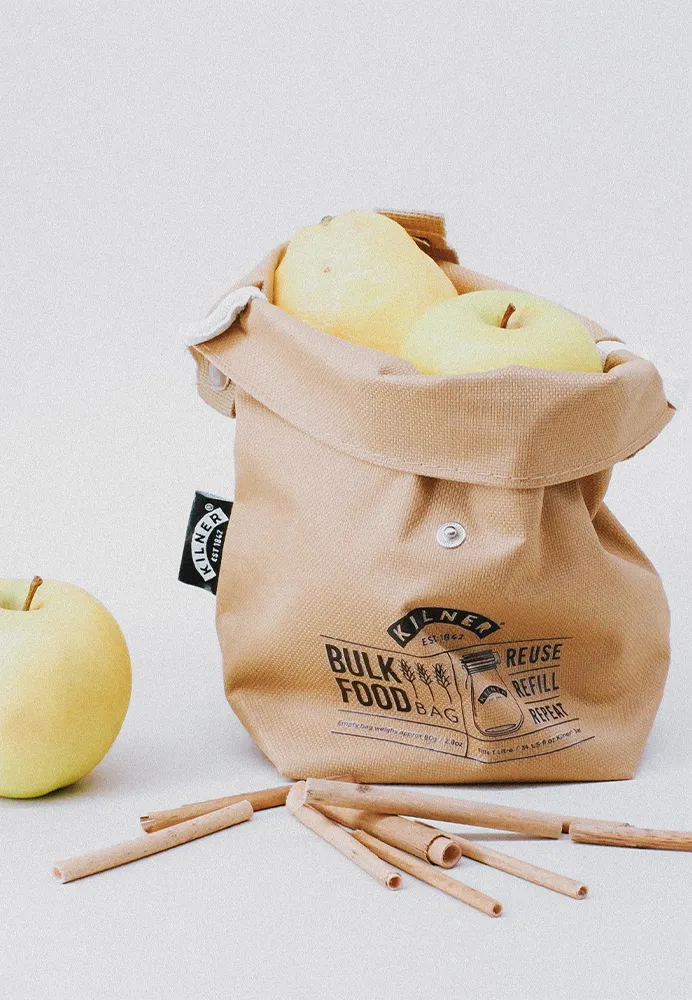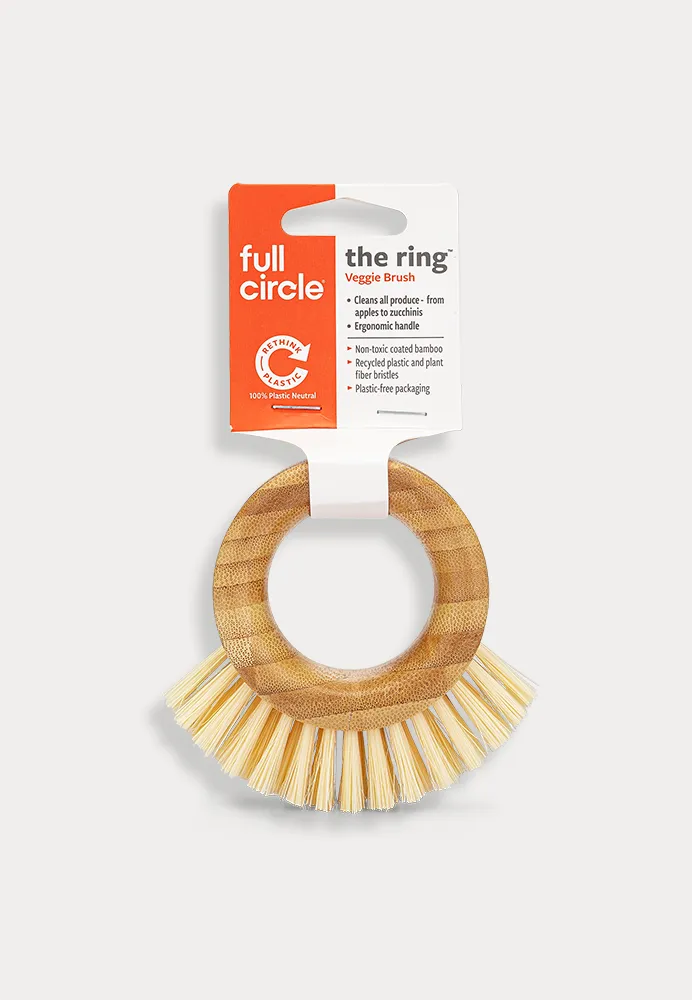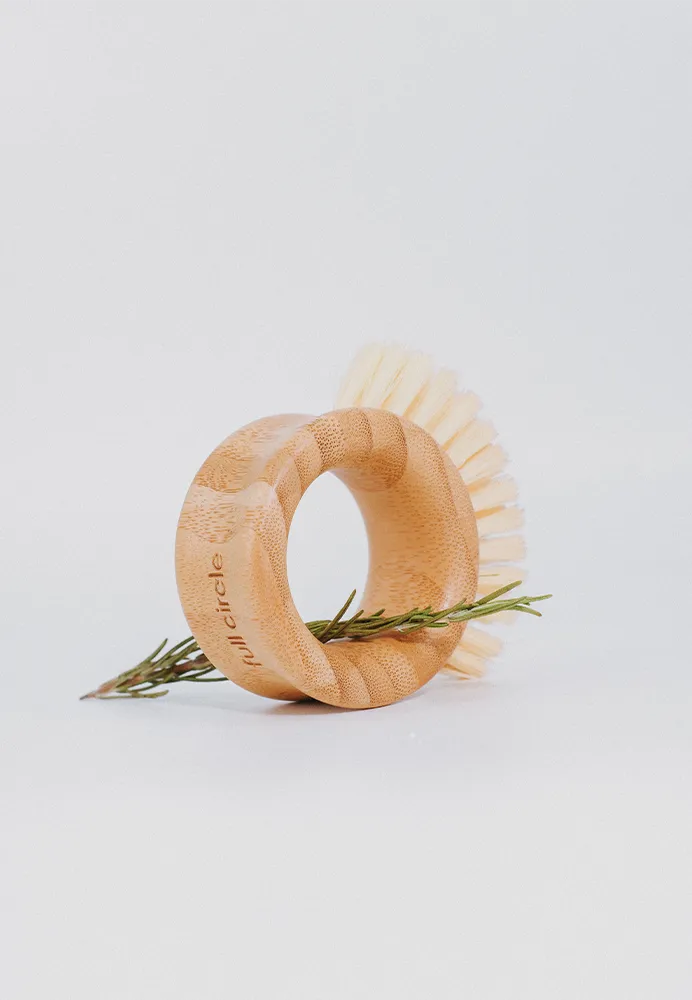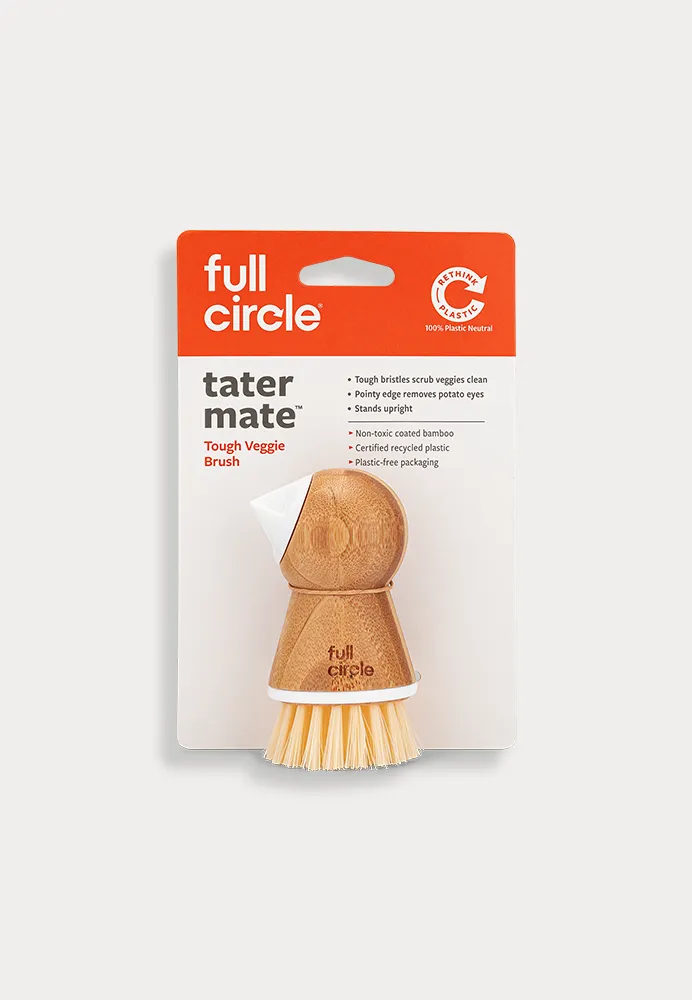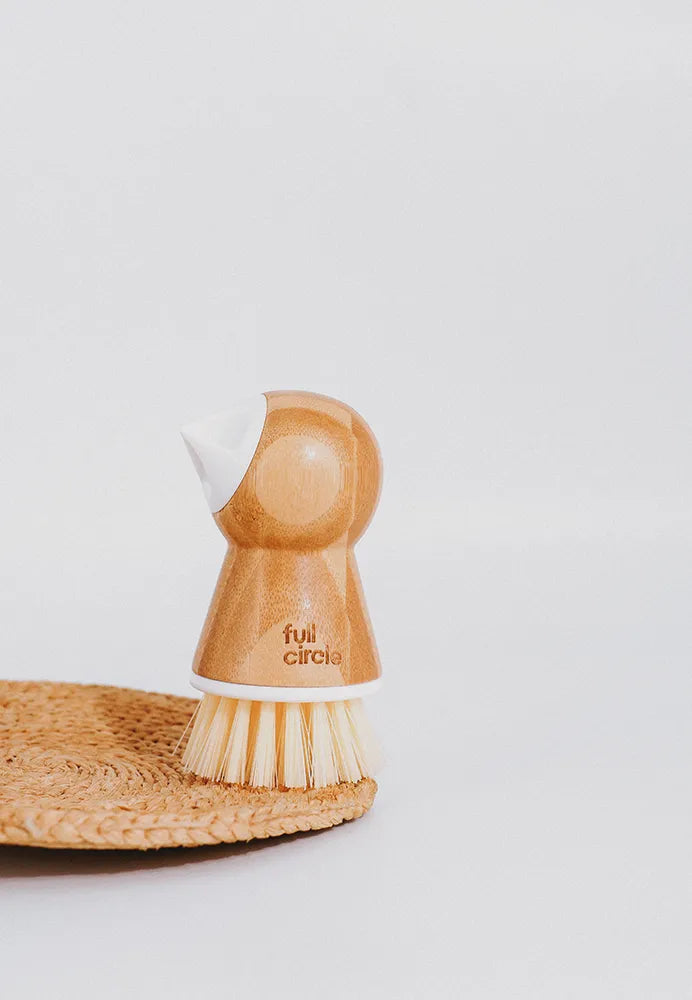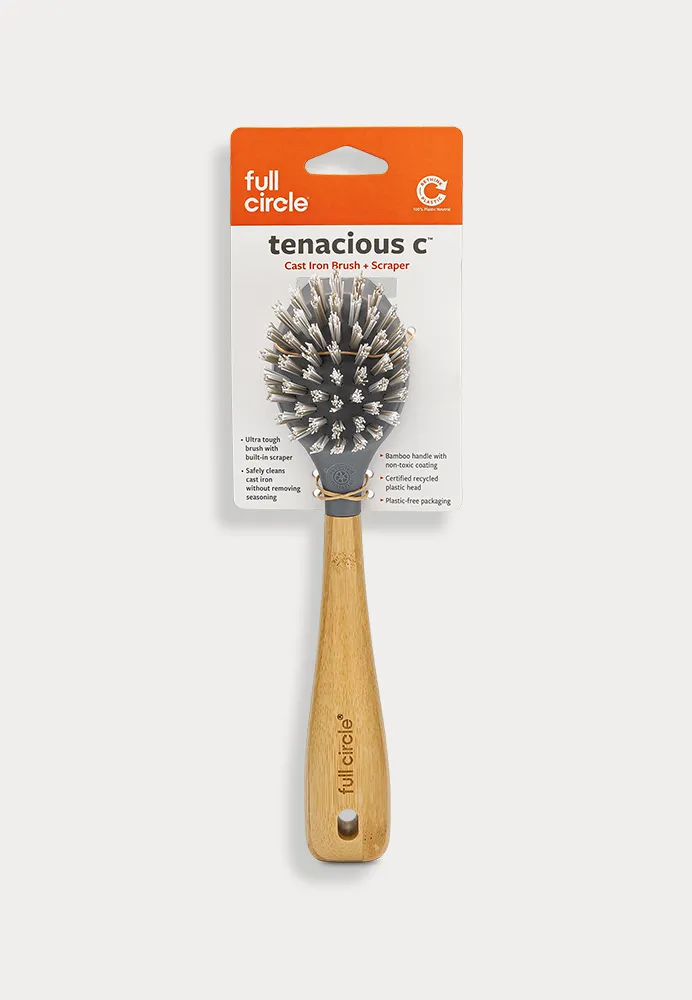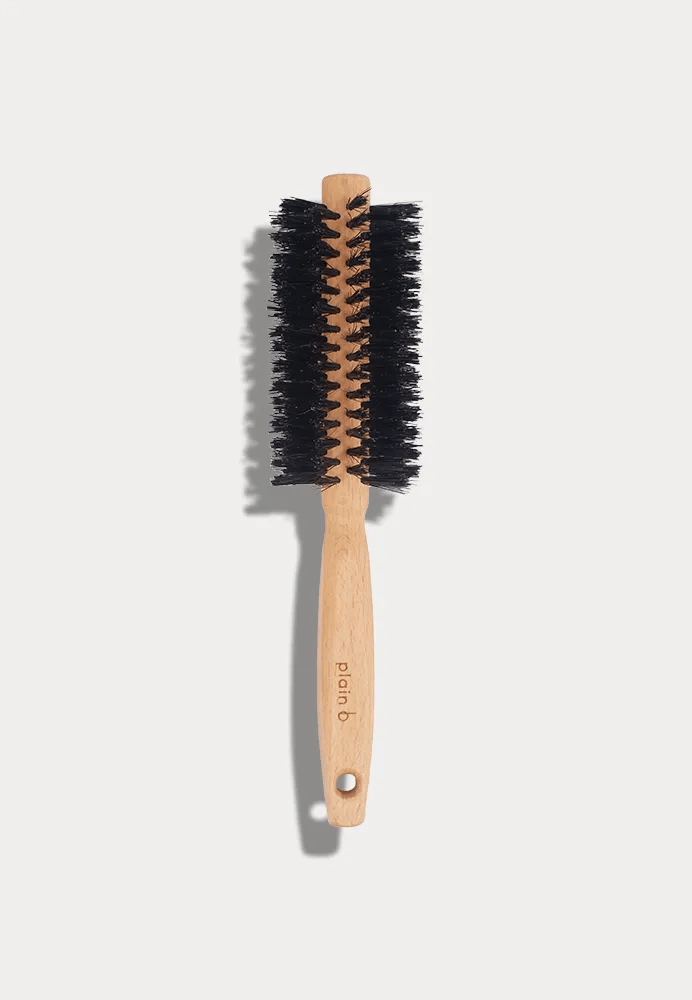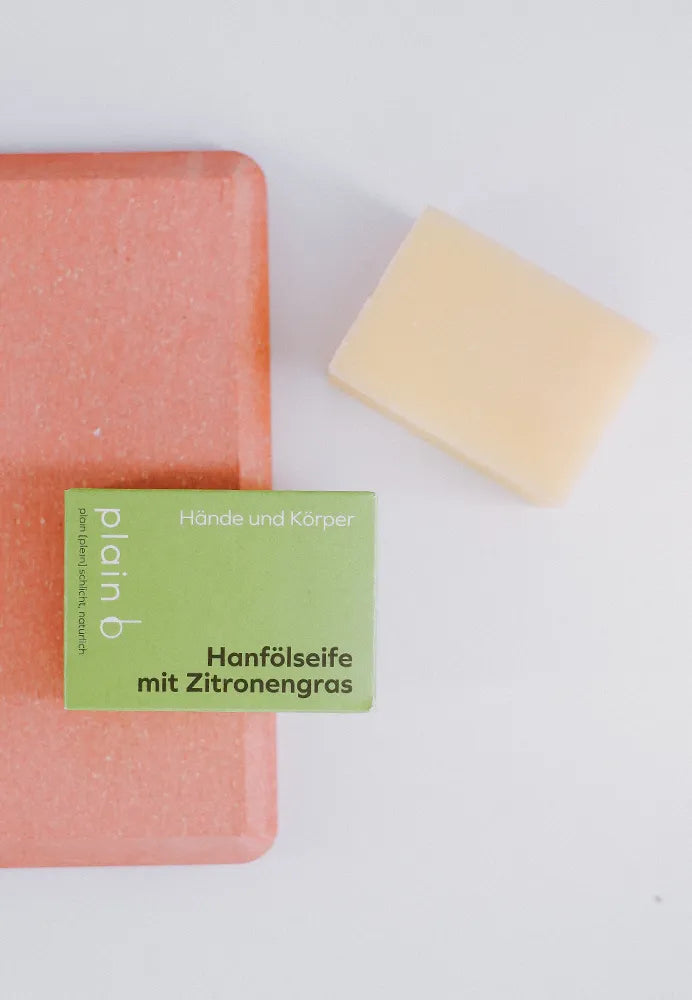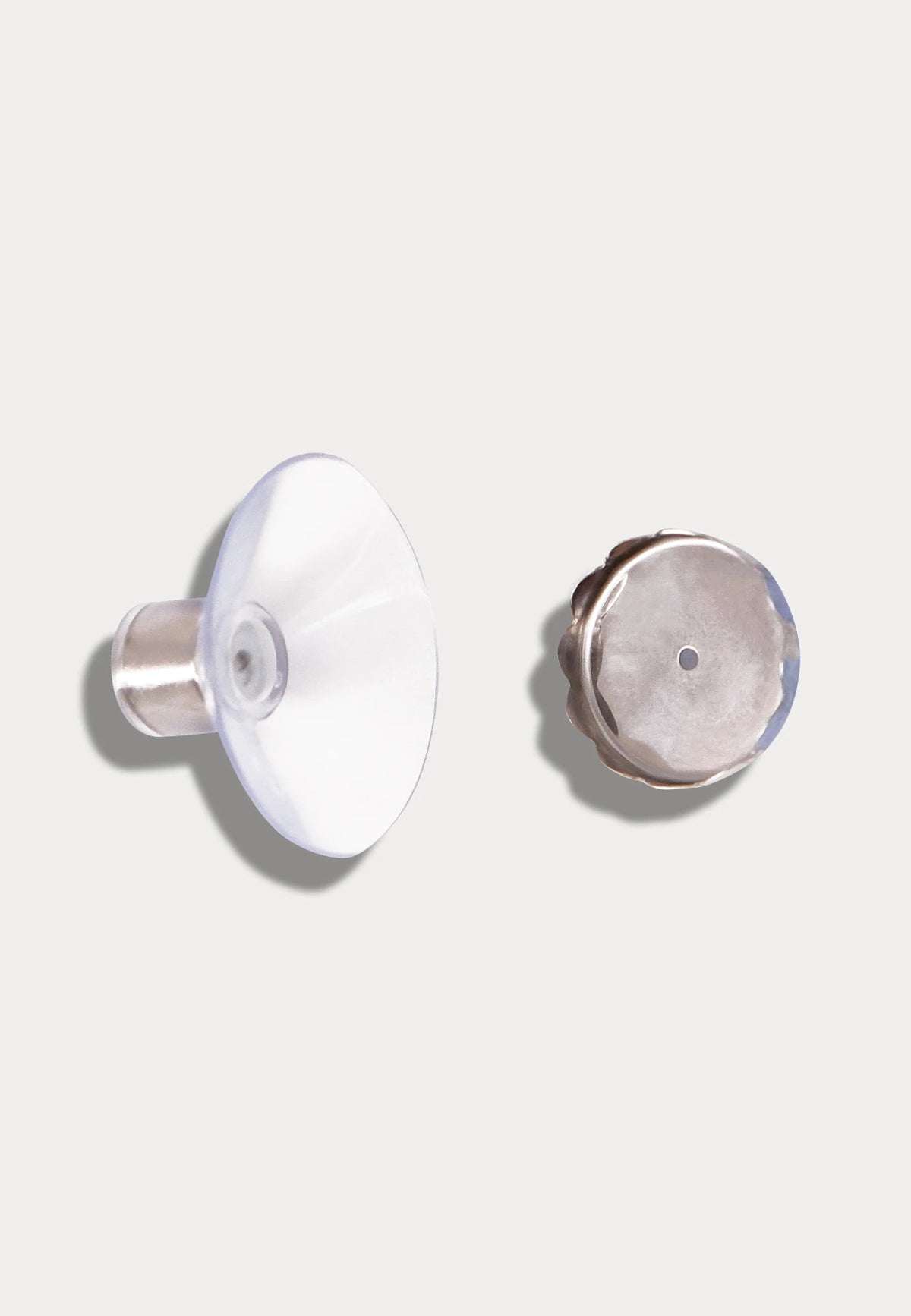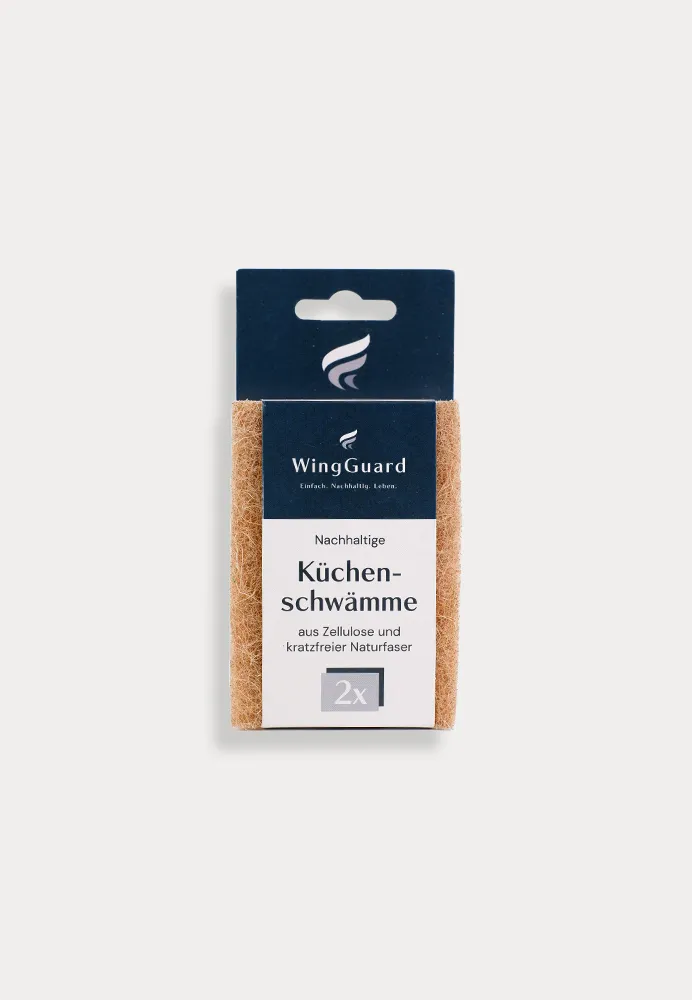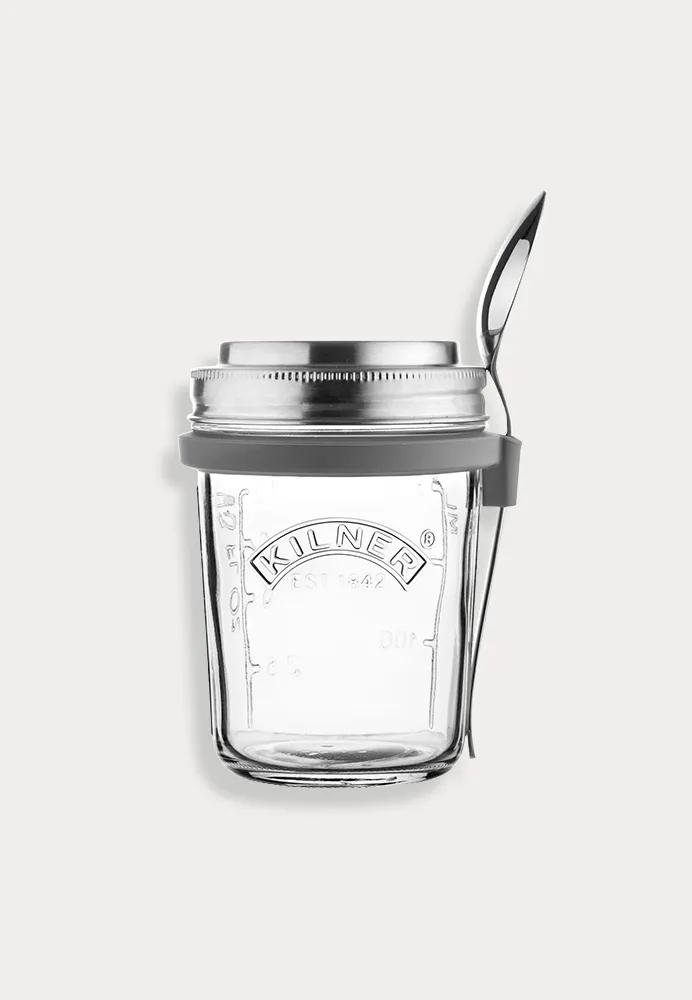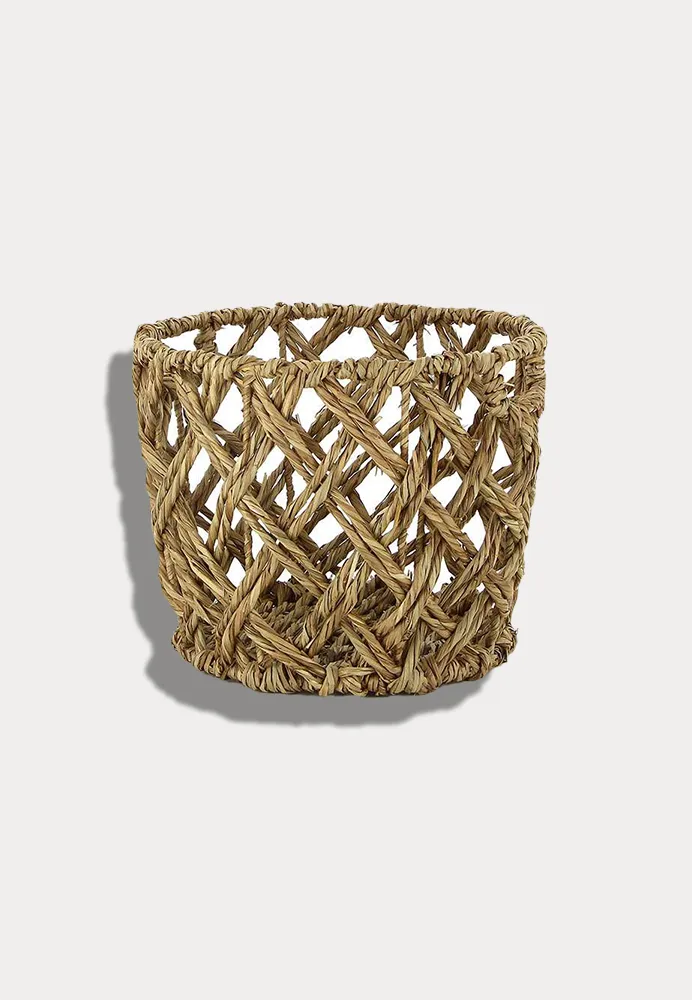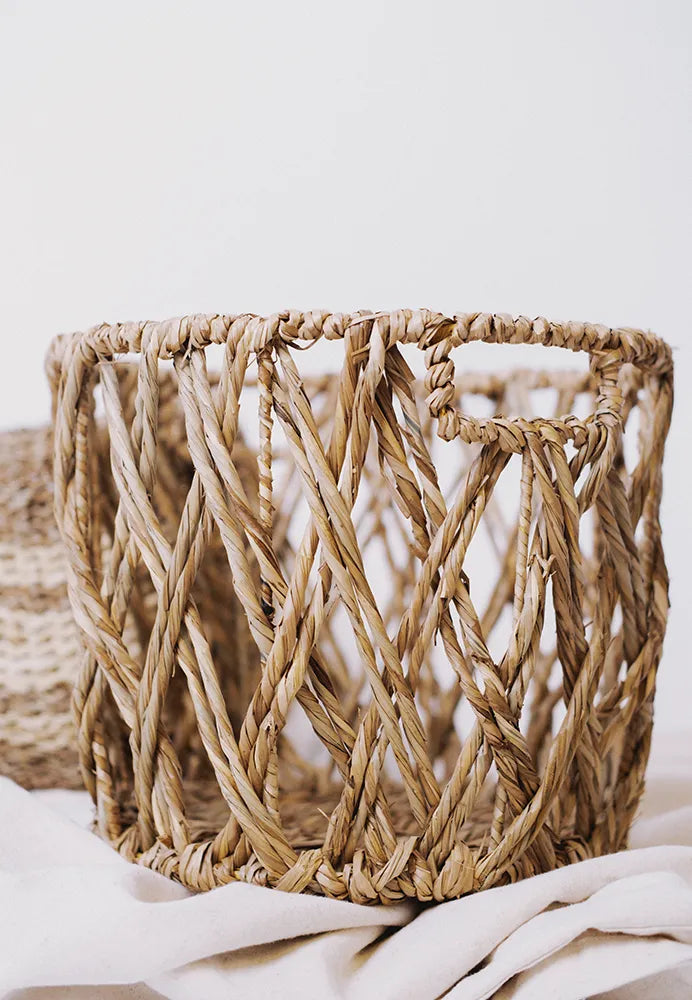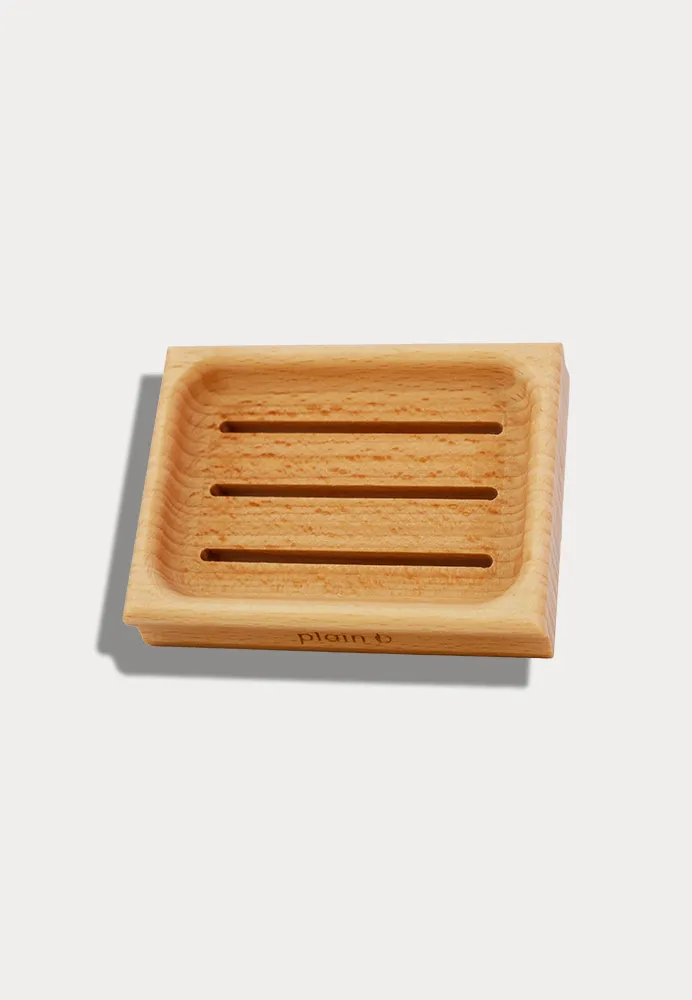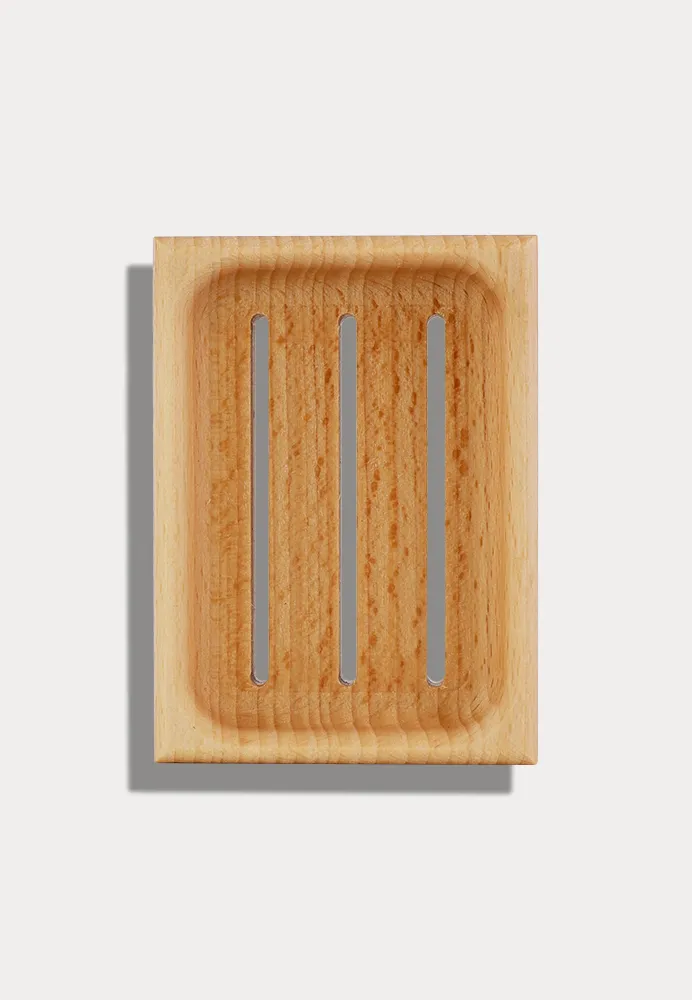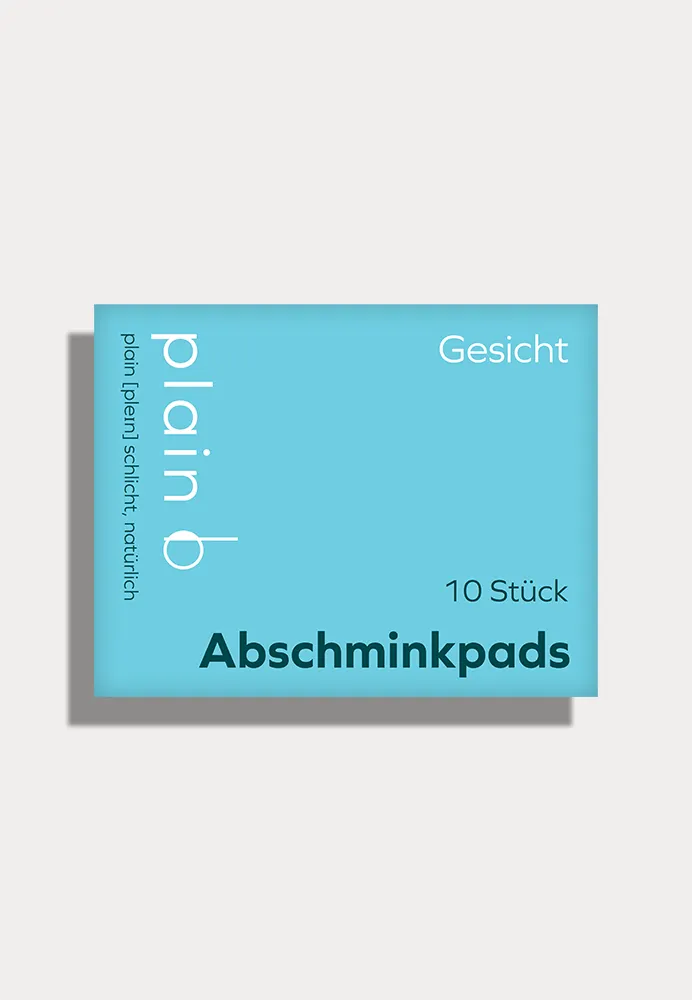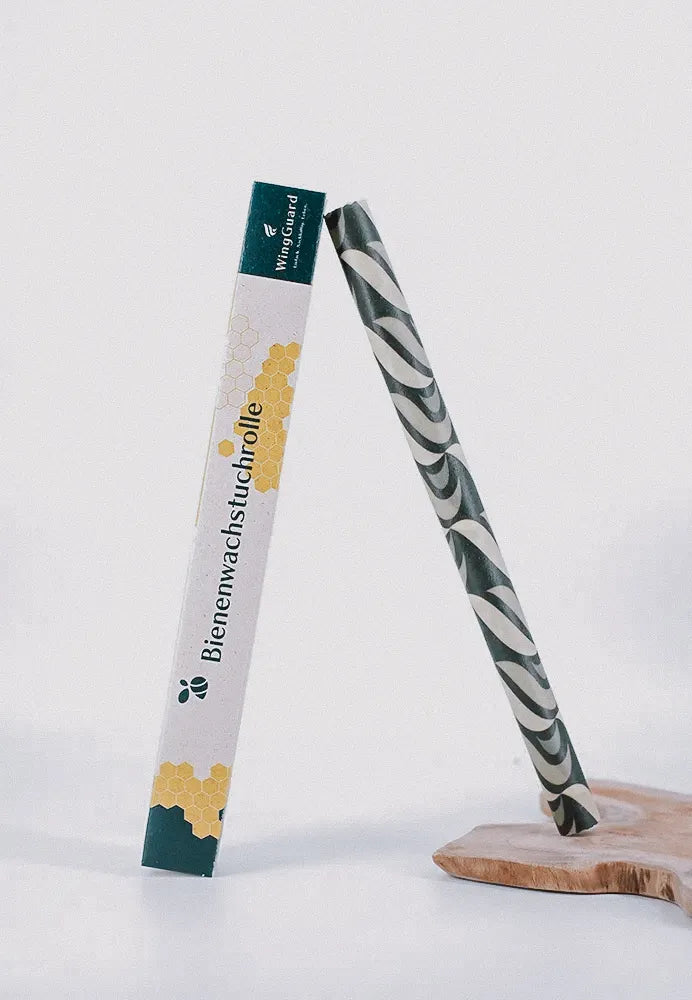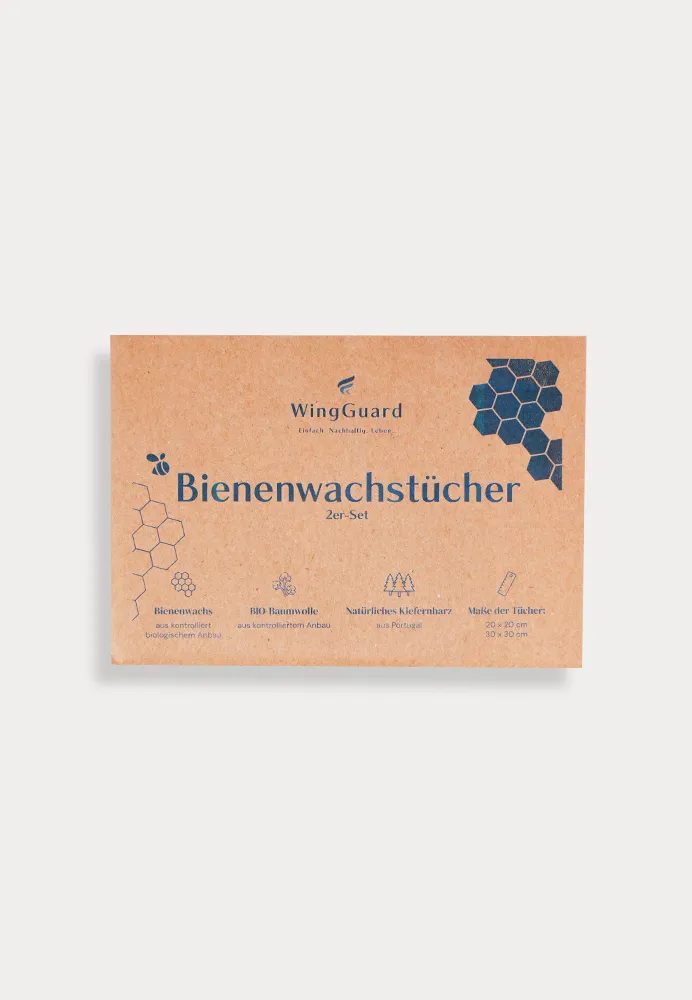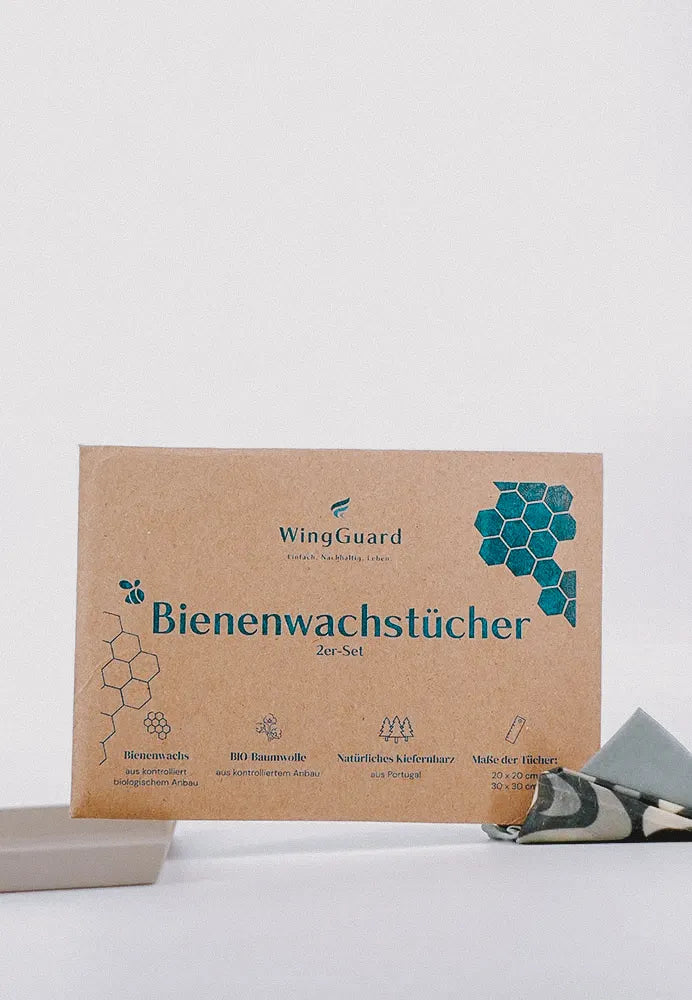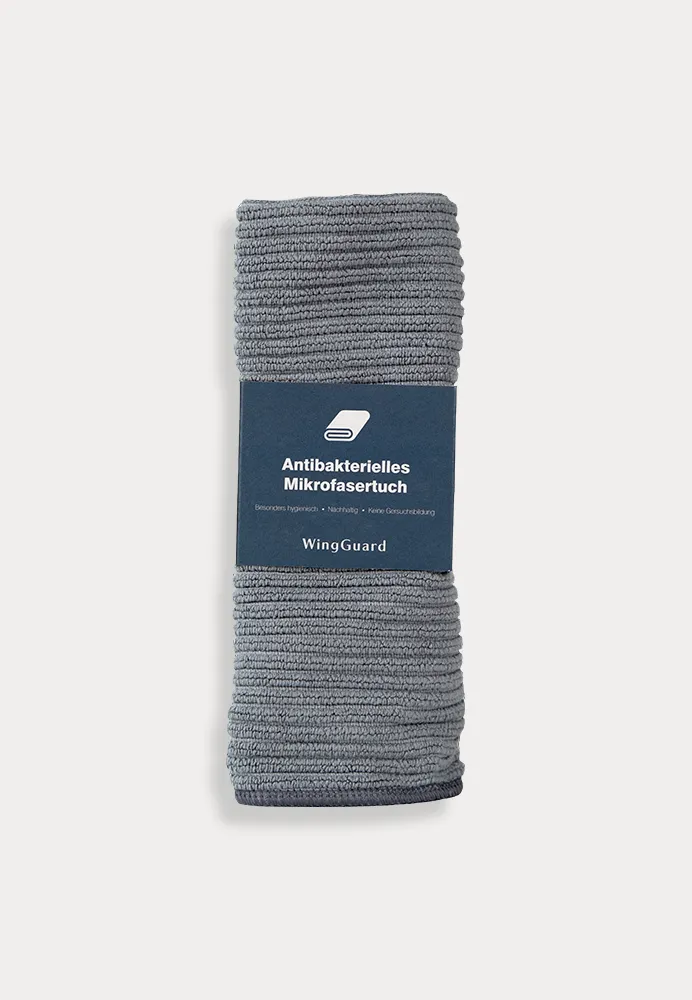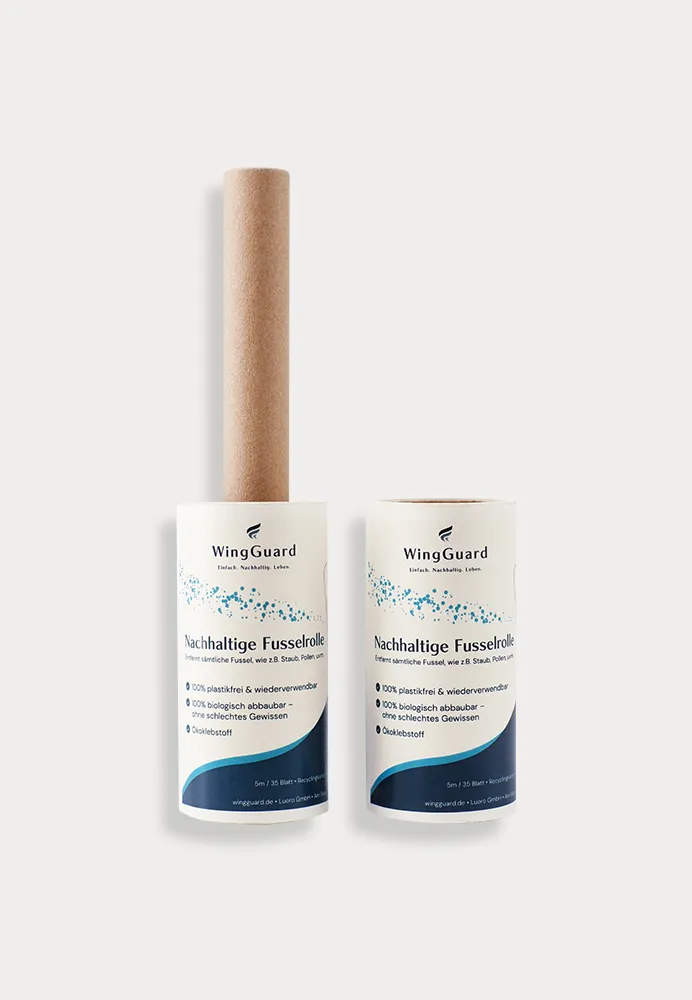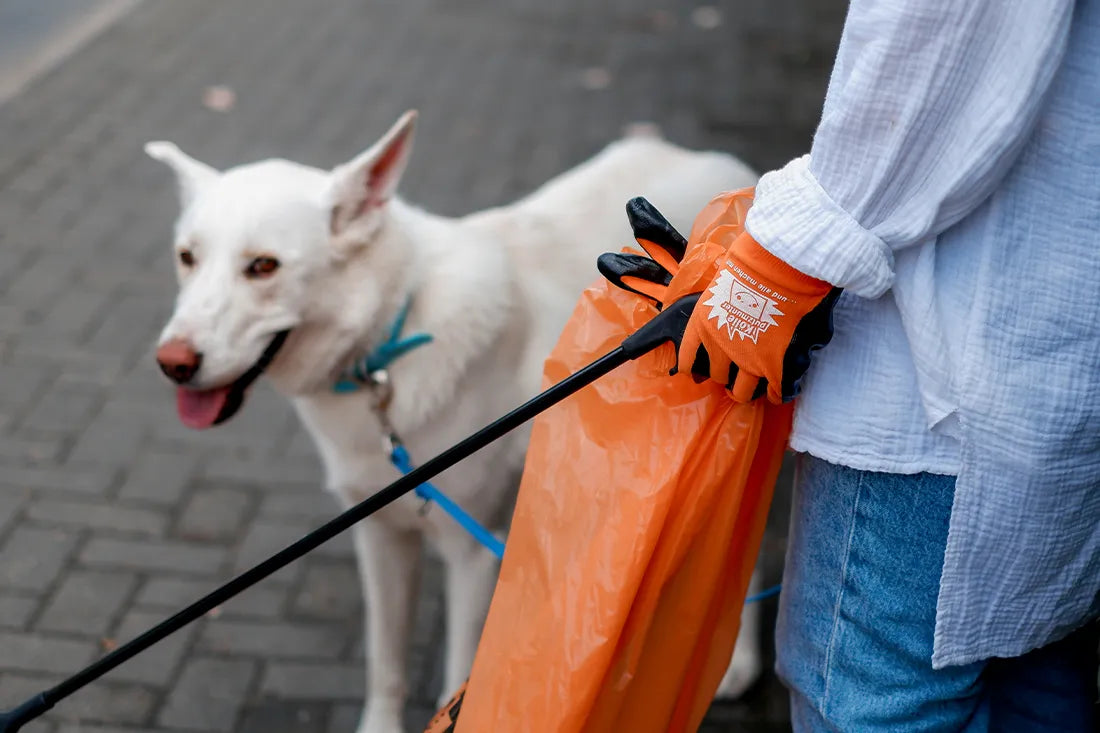The climate crisis is progressing, prices are rising and now autumn is just around the corner. We will show you how you can best save money and do something good for the environment at the same time.
You may have read or heard some tips before, others are completely new to you or you have simply never thought about them. We are aware that we are not reinventing the wheel here. Nevertheless, it was important to us to give you a brief overview of the simplest savings tips.

1 - Save groceries and shop seasonally
We all need food, every day. Therefore, these are produced in large quantities. Unfortunately, about a third of that is wasted or lost on the way to the customer. You don't have to do much to break this cycle of overproduction and waste.
Just start by planning your purchases. If you only buy what you really need, at best nothing ends up in the garbage can and you are aware of the expenses beforehand. When planning, it also helps to keep an eye on the current offers and, above all, to buy fresh seasonal and regional products. Because these are usually cheaper and at the same time have a smaller ecological footprint than non-seasonal products.
A seasonal overview of regional fruit and vegetables can now be found very quickly with a short web search. We picked one out here: Seasonal calendar 2022 . If you still sometimes forget which products are in season, you can also go to the weekly market in your area. Another insider tip that is no longer so secret is to visit markets and shops just before closing time or on weekends. Then many products are often cheaper.
Another way to save food are so-called food sharing platforms. Depending on the location, you can get everything from baked goods to lunch buffets to hot meals for free or for little money.

2 - Adjust the consumption of everyday products
Not only what and when you buy it has an impact on your wallet and the environment, but also how quickly you use it after you buy it. We often use more of our product than necessary, for example when cleaning, showering or doing laundry. For example, if you clean your floors with hot instead of warm water, you automatically need less cleaning agent. The heat takes care of the rest of the cleaning effect, similar to that of a dishwasher. Bonus, especially if you're still in the process of depleting your supplies of not-so-environmentally friendly cleaning supplies: less of it ends up in the sewer.
The situation is similar with detergents. Much smaller amounts than indicated on the packaging are often sufficient to achieve the desired result. The reason for this is that the manufacturers' recommendations are usually a bit high or you misjudge the degree of hardness of the water. Using less detergent not only protects your wallet, but also our water and even your washing machine, since less superfluous detergent accumulates in it.
If you finally use solid alternatives, i.e. washing powder instead of liquid detergent or solid shampoo instead of shampoo bottles, you end up getting even more for your money because the products have not been diluted with water beforehand.

3 - Reduce your own energy consumption
The topic of saving energy plays a particularly important role this year. In fact, here are some things you can do to end up saving money without feeling too cold. For example, do you know what the symbols and numbers on the thermostat stand for? Of course, the higher the number, the warmer the room. But which number corresponds to how many degrees?
As a rule, one can assume that the number 1 translates into a temperature of 12°C. The temperature then increases by 4°C from digit to digit. This knowledge helps, for example, with the correct setting of the heating in different rooms. This article offers you a good and simple overview: Use thermostat numbers correctly - heizung.de . With just one degree Celsius less, you can also reduce your heating costs by up to six percent.
But the symbols also have a purpose. The snowflake, for example, serves to protect against frost. It should be set if the heating in the room is not currently in use, since the radiators do not get warm here, but at the same time the pipes and radiators are protected from freezing.

What else can you do to save energy?
Apart from the heating, you can of course save energy or electricity at other ends. Since we don't want to withhold them from you, here is a brief overview. In the end, you not only save energy, but also protect the environment, since fewer greenhouse gases are produced.
Conserve heating energy : close the roller shutters and blinds completely after dark (or even during the day when the rooms are not in use). This reduces heat loss through the windows by up to 20 percent. A few bonus percentages can be obtained by drawing the curtains.
Use pressure cookers : Cooking under pressure means the food cooks faster and you use less energy.
Using residual heat : Depending on the cooker, it may be possible to switch it off a little earlier so that the food can finish cooking with the residual heat.
Switch off the kettle : As soon as the water boils, you can switch off the stove, because anything beyond that only consumes unnecessary energy. Also make sure you only fill in as much as you need, otherwise you will use twice the energy.
Eco programs : can now be found in many new devices and are very energy-saving. Just remember to use a normal program from time to time, otherwise deposits can form, especially on appliances such as dishwashers and washing machines.
Cold hands : Certainly not a popular topic in the cold months, but when washing your hands you can sometimes do without the warm water to save energy.
Bye-bye standby : The new television may no longer be a standby power guzzler, but in combination with a stereo system, laptop, home office monitor, console, charger and many other devices on standby, something comes together. So it's better to switch it off completely or pull the plug.

4 - Repair instead of throwing away
It's annoying when something breaks. Whether it's a hole in your favorite sweater or a wobbly chair. But that doesn't mean you have to throw things away right away. You can also carry out minor repairs yourself and save a lot of money. The only costs that arise are the necessary materials and a little of your time. At the same time you might learn something new and gain more confidence in yourself. A win on every corner if you ask me. Mother Nature will also thank you, because a part less ends up in the garbage. And let's be honest; now there is a tutorial for every problem and DIY is trendy anyway.
Just be aware of where your limits are. In the case of complicated repairs in particular, it can sometimes make more sense to leave it to the specialist staff. Especially when your safety depends on it. But who knows, maybe you'll be one of the lucky ones who have represented all kinds of craftsmen in their circle of friends. Then you might have to reach into the fridge instead of your wallet.

5 - quality instead of quantity and used
But sometimes all the savings tips in the world are useless and money has to be spent. Then it is important that you take the time to make a conscious and environmentally friendly decision. Perhaps your grandparents have already said the phrase “buy cheap, buy twice”? They are not entirely wrong about that. For example, if you buy things without thinking or on impulse because you urgently need them, it can happen that your requirements are not met or they break after a short time and you have to return them or they end up in the garbage. Instead, you should rather take the time to find out more in order to avoid bad purchases, especially with larger investments.
But does it always have to be a new product? There are now many platforms where people sell their devices and items that are no longer needed and still intact for less money and sometimes even give them away. So why not buy used and save money? Alternatively, there are now many dealers, especially in the electronics sector, who sell revised B-goods. These were not necessarily repaired, but can also simply have small blemishes or damaged packaging. If you're willing to give it a go, there are some amazing discounts waiting for you.
My personal favorite in this savings tip category are flea markets. Leisure activities and bargain hunting can often be combined here, and in the end you might even go home with a one-of-a-kind item.
As you can see, there are many ways you can save money. After all, we have only touched on part of what is possible here. Basically, if you orientate yourself to only buy what you really need, you are on the right track. This not only saves you money, but also does something good for the environment.

